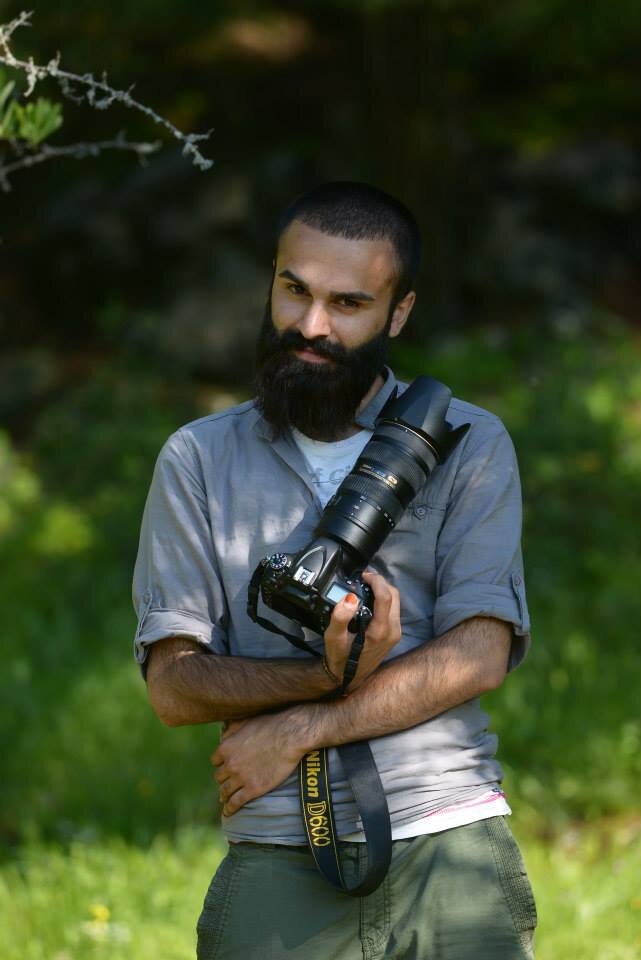Matthew Sneed
Impunity Watch Reporter, The Middle East
RIYADH, Saudi Arabia – On September 26, Saudi Arabia announced that it would lift the ban on female drivers in the country. Prior to this announcement, Saudi Arabia was the only country in the world that forbid females from driving. Only men were allowed to have licenses and any woman caught driving was subjected to a fine or prison. A minstrel body will be established to provide advice on this proposal within 30 days and the ban will be officially lifted by June 24, 2018.

The law will stand apart from the country’s “guardianship” rules which require women to seek the permission of their male “guardian” to travel, work, or undergo certain medical procedures. Women will not need the permission of male relatives to obtain a driver’s license and would be able to drive alone. However, it has yet to be determined if they will be allowed to work as professional drivers.
Women have long been advocating for the right to drive in the country. The first protest for the right to drive occurred in 1990. It was followed with more protests in 2011 and 2013. As mobile technology became more readily available, women began protesting by positing pictures and videos of themselves behind the wheel.
Crown Prince Mohammed bin Salman implemented this policy as part of his Vision 2030 plan, which began two years ago. The Vision 2030 plan focuses on economic expansion in the country. With oil prices remaining low, the nation is trying to find new methods to get its citizens involved in the workforce. The Prince hopes allowing women to drive, it will increase the number of women in the workplace. Until now, women had to rely on male family members pay professional drivers to take them to work. The cost for daily drivers discouraged women from finding work. With this barrier removed, it is expected that more women will look for work.
This decision has not been met with unanimous support as many conservatives do not agree with the new decision. The phrase, “The people reject women driving” was popular on Twitter following the announcement of the new rule. Clerics have often citied religious rules as explanations for why women should not be allowed to drive.
Despite some unrest, the response has been well-received overall both in the country and around the globe. U.S. State Department spokesman Heather Nauert called the decision “a great step in the right direction.” Women activists in the country are excited about the opportunity to receive drivers licenses. Aziza Alyousef, a long-time activist in Saudi Arabia, hopes to be one of the first with an official license and stated “I wish my license number would be 0001.”
For more information, please see:
Bloomberg – Saudi Arabia to Lift Ban on Women Driving, Ending Global Isolation – 26, Sept. 2017
The New York Times – Saudi Arabia Agrees to Let Women Drive – 26, Sept. 2017
BBC – Saudi Arabia women hail end of driving ban – 27, Sept. 2017
Independent – Saudi Arabia lifts ban on women driving – 27, Sept. 2017



